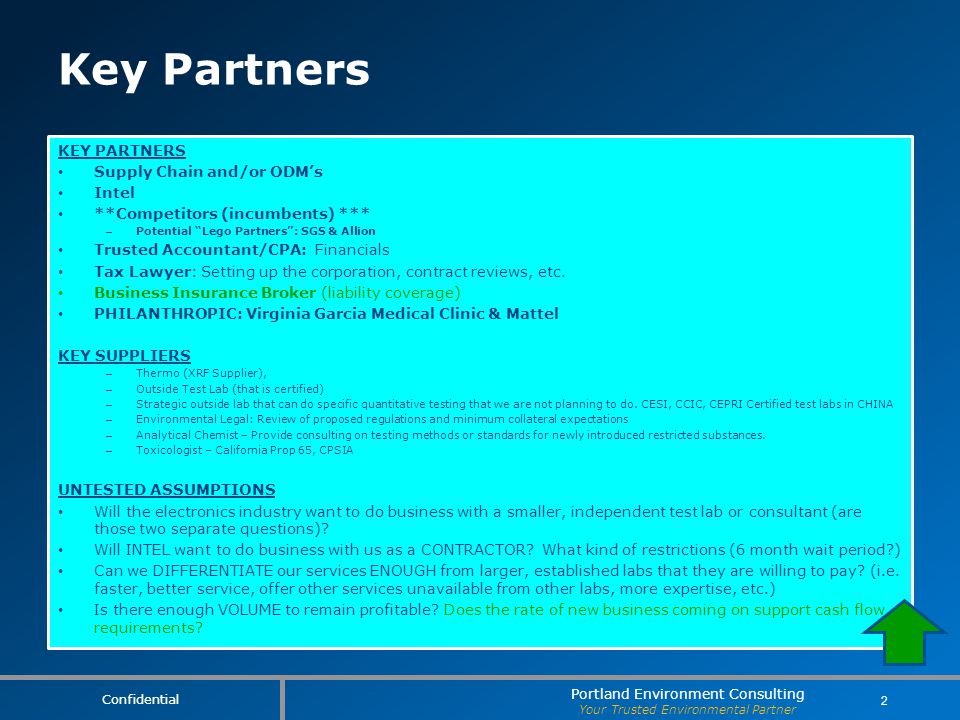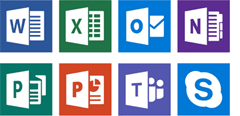
Any financial marketer has a wealth of social media tools. A staggering 81% of Americans use social media at least once a day. This makes it crucial for financial success to maintain a presence on social media. This is how baby boomers and millennials as well the generation z use social networks to make friends, share information, and find new businesses. By maintaining a constant presence on these platforms, financial marketers will be able to grow their customer base and establish brand trust.
Inbound marketing
Inbound marketing is a great way to increase organic traffic and improve your conversion rate. This strategy puts customers first, and addresses their concerns throughout the buyer's journey. Goldcore, an industry leader in financial software development and analytics, uses it. In just two years, Goldcore has grown its blog traffic by over 80% and established itself as a thought leader in the industry. The FT, Bloomberg, and Reuters regularly quote it.
Inbound marketing helps finance firms create more compelling content. It attracts more qualified leads and enables a more personalized sales experience. However, financial marketers have been slow about adopting this strategy despite its benefits.

Customer experience
HiTouch, an international business-to–business financial services firm, was just finishing a quarterly review of its accounts and were confused as to what they should do. So they decided to conduct a mini-audit of their customer experience programs. They found that most of their vertical-market teams had not moved beyond tracking leads and analyzing buying patterns. CEM was thought to be a sales or marketing job.
Customer experience has become a customer-centric process. This requires a multichannel approach. An omnichannel approach allows consumers to be reached on their preferred platforms in their preferred languages. This will increase response rates and provide more relevant data.
Influencers on social media
A great way to increase revenue is to use social influencers in marketing your financial products. To create educational content and promote other products, it is important to build a relationship. Fidelity, for instance, harnessed the power and storytelling to help promote its Spire app. This app helps people plan their financial future.
Influencers are able to influence the opinions of others through their networks. In fact, a study by IScoop found that 79% of Facebook users let their friends influence their purchases. This shows that peer pressure is a powerful influence on purchasing decisions.

Customer outreach
To reach customers in financial services, it is important to use the right channels of marketing. A comprehensive, proactive and thorough approach is the best way to connect with customers. Use digital marketing techniques to increase visibility and build loyal customers. Customer loyalty programs are another way to motivate customers to buy products and services. You should focus on rewards that are unique and not limit your program to those that are already common.
One of the oldest marketing strategies is customer outreach. Marketers can build customer loyalty by reaching out directly to their customers. These efforts can include free consultations, webinars, and debt management programs.
FAQ
How does consulting differ to freelancing
Freelancers are self-employed individuals who offer their services to clients without employees of a company or agency. They generally charge an hourly rate depending on how long they spend on a client project. Consultants usually work for agencies or companies that employ them. Their salaries are often paid monthly, or annually.
Because they set their own hours and prices, freelancers are often more flexible than consultants. However, consultants often have better benefits, such as health insurance, vacation days, sick leave, retirement plans, etc.
Why would a company want to hire a consultant for their business?
A consultant offers expert advice on improving your business performance. They aren't there to sell your products.
A consultant helps companies make better decisions by providing sound analysis and recommendations for improvement.
Consultants often work with senior management to help them understand how to succeed.
They also offer leadership training and coaching to ensure that employees are able to perform at their best.
They may be able to advise businesses on ways to cut costs, improve efficiency, and streamline processes.
What can I anticipate from my consultant
Within a few days of selecting your consultant, you can expect to hear back. They will typically ask for information about the company, such as its mission, goals. products and services. budget. After receiving this information, they will prepare a proposal outlining their scope of work, estimated timeline, fees, deliverables and milestones.
If everything looks good, then the two parties will negotiate a written contract. The type of relationship between them (e.g. employer-employee or employer-independent contractor) will determine the terms of the contract.
If all goes according to plan, the consultant will begin working immediately. The consultant will have full access to your files and resources. You'll also have access to their skills and knowledge.
However, don't assume that just because someone is a consultant that s/he knows everything. It takes time and practice to become an expert on any subject you consult. So, don't expect your consultant to know everything about your business.
Statistics
- "From there, I told them my rates were going up 25%, this is the new hourly rate, and every single one of them said 'done, fine.' (nerdwallet.com)
- So, if you help your clients increase their sales by 33%, then use a word like “revolution” instead of “increase.” (consultingsuccess.com)
- My 10 years of experience and 6-step program have helped over 20 clients boost their sales by an average of 33% in 6 months. (consultingsuccess.com)
- Over 50% of consultants get their first consulting client through a referral from their network. (consultingsuccess.com)
- WHY choose me: Why your ideal client should choose you (ex: 10 years of experience and 6-week program has helped over 20 clients boost their sales by an average of 33% in 6 months). (consultingsuccess.com)
External Links
How To
How do I find a good consultant?
Knowing what you need from your consultant is the first step to finding a qualified consultant. Do you want them help improve your website's efficiency? Do you want them to optimize your site to rank higher in search engines? Or perhaps you just want someone who can tell if there are any issues with your current hosting provider. When you are clear about the services you require, you can start to look at other companies. There are many consultants out there who claim they can provide these services, but only a few actually live up to their claims. How do you select the right consultant for your project? Here are some things to consider when picking a consultant:
-
Get referrals. Referring to other consultants is the best way of choosing a consultant. You don't want to hire someone you've never heard of before because you'll likely pay too much. You also don't want someone with a poor reputation to work for you. It's great if you get recommendations from people you trust. But even if you don't, you still might be able to check reviews online. Find testimonials and case study examples from customers who have used your product.
-
Ask around. Many people don't realize that consulting could be beneficial for them. People believe they don't have to make any changes because they are currently doing well. This is often false. Even if you're getting great results right now, chances are that you haven't been keeping up with new trends or technologies. You'll lose out on the opportunities to grow your company if you rely on old methods. It's always worth asking for referrals to find good consultants.
-
Be sure to check their credentials. When you're looking for a consultant, it doesn't matter whether you're building a small blog or launching a multi-million dollar eCommerce store; you want to be sure that whoever you hire has the skills needed to handle your project. You need to ensure that the person you hire is qualified to do the job and has sufficient knowledge in the subject.
-
Find out what type of projects they are skilled in. You might think that everyone can handle all projects, but this is false. Some areas require specific education or training. If you are looking for someone to create a WordPress theme, then you will not want to hire someone who isn't a specialist in Drupal. The same applies to programming languages, graphic design and other areas. It is important to inquire about the types of projects that they work on.
-
Find out what their charges are. We said that you don't need to pay too much for consulting services. You also don't want too much. Consultants come in all shapes and sizes. Some charge hourly rates while others bill per project. You will save money if you know exactly what you're going to pay upfront.
-
What do they offer? Do they offer free consultations? Are they willing to give advice about how to set up your own system or provide other assistance? Is it possible to be sure that your site ranks higher when you work with them You have the right to cancel at any time if you aren't satisfied with what was said during your consultation.
-
Finally, find out if they offer discounts for multiple months or years. Many consultants offer discounted pricing for extended periods of time. Although you do not have to commit to a year, it is possible to take advantage of any offers they may offer.